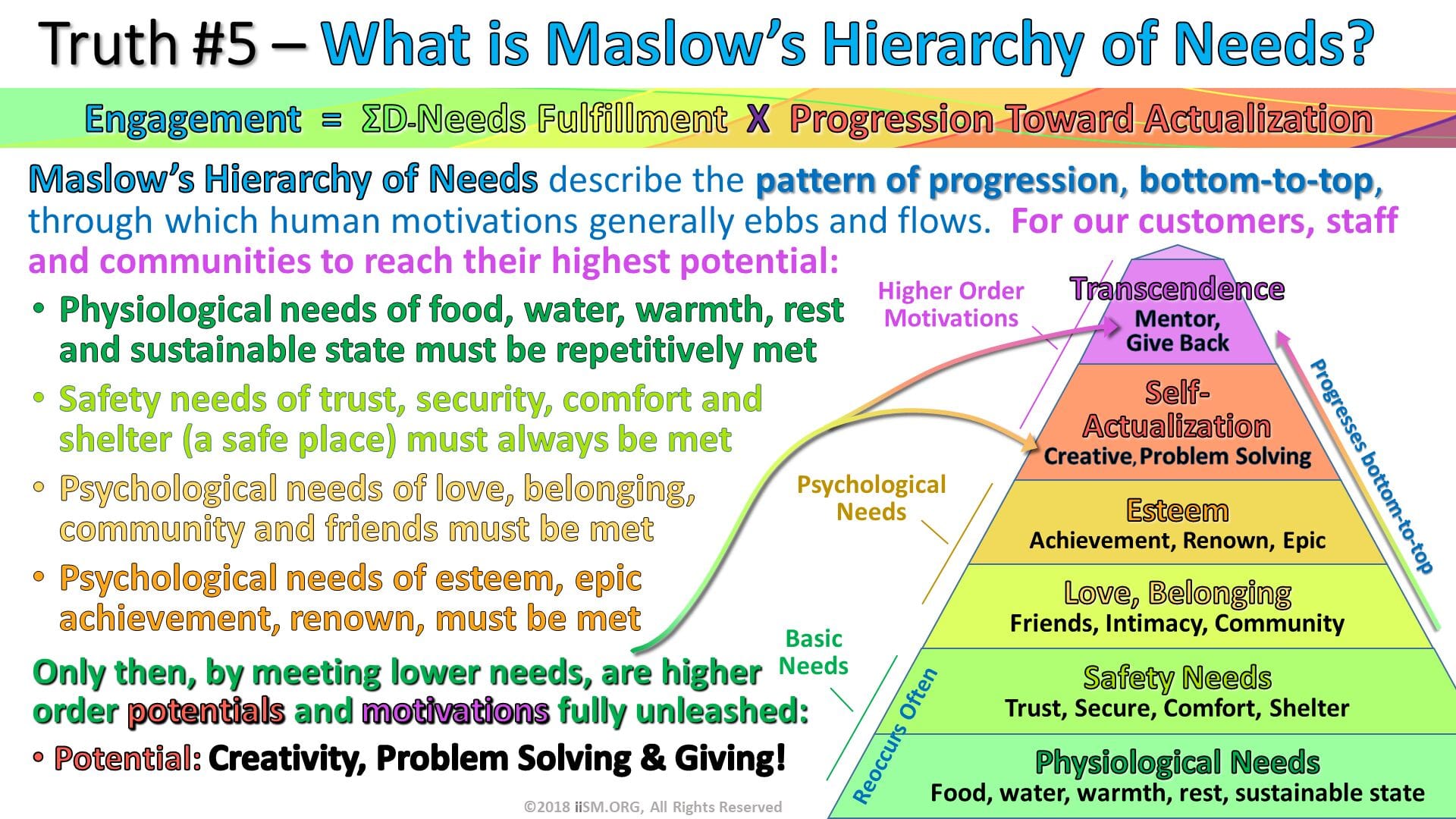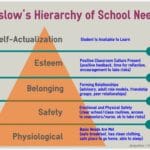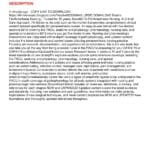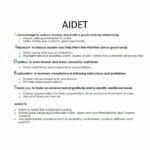Empowering Nurses, Elevating Care: Maslow’s Hierarchy unlocks a deeper understanding of patient needs, leading to more effective and compassionate nursing interventions. This guide provides a practical framework for applying this essential theory in your daily practice. Learn how to prioritize care, develop holistic plans, and build stronger nurse-patient relationships by understanding and addressing each level of human need.
Understanding the Hierarchy
Abraham Maslow (1908-1970), a renowned psychologist, developed the Hierarchy of Needs in 1943. This model suggests that human needs are hierarchical, meaning basic needs must be met before an individual can focus on higher-level needs. This framework is highly relevant in nursing, providing a roadmap for prioritizing patient care and addressing the whole person. Learn more about how nursing Maslow’s hierarchy of needs can be applied in nursing practice and the importance of meeting patients’ basic needs to promote well-being and recovery.
Physiological Needs: The Foundation of Well-being
These are the essentials for survival: air, water, food, shelter, sleep, and a stable internal environment (homeostasis). In nursing, addressing these needs may involve:
- Ensuring adequate oxygen supply via oxygen therapy or positioning.
- Maintaining proper hydration through IV fluids or encouraging oral intake.
- Providing nutritious meals and monitoring dietary restrictions.
- Managing pain and discomfort effectively.
- Ensuring a comfortable resting environment with appropriate temperature and minimal noise.
Safety and Security: Fostering a Sense of Protection
Once physiological needs are met, the need for safety and security emerges. This encompasses both physical and psychological safety. Nursing interventions might include:
- Implementing fall prevention strategies.
- Adhering to infection control protocols.
- Administering medications accurately.
- Providing clear and concise instructions about procedures and diagnoses.
- Offering emotional support and reassurance.
Love and Belonging: Cultivating Connection and Support
Humans are social beings, and the need for love and belonging is fundamental. Illness can often lead to feelings of isolation, making this level particularly pertinent in nursing. Strategies include:
- Encouraging visits from family and friends.
- Facilitating communication with loved ones.
- Promoting therapeutic communication and active listening.
- Identifying and utilizing support systems within the community.
Esteem Needs: Building Confidence and Respect
Esteem needs relate to self-worth, respect, and recognition. Illness can frequently compromise a patient’s self-esteem, necessitating nursing interventions that promote feelings of value and capability. These may involve:
- Respecting patient autonomy and involving them in decision-making.
- Acknowledging patient strengths and accomplishments, no matter how small.
- Providing positive reinforcement and encouragement.
- Fostering independence in self-care activities.
Self-Actualization: Reaching One’s Full Potential
At the peak of the hierarchy is self-actualization, the drive to realize one’s full potential. While not always readily achievable for acutely ill patients, this level remains relevant, particularly during chronic illness management. Nurses can:
- Help patients identify and articulate personal goals related to their health and well-being.
- Encourage participation in activities that promote self-discovery and growth, even within the limitations of illness.
- Connect patients with resources for personal development.
- Support the expression of creativity and spirituality.
Practical Application and Prioritization
Maslow’s Hierarchy provides a practical framework for prioritizing care. While generally applied from the base to the peak, individual patient needs may vary, sometimes requiring a nurse to prioritize a higher-level need even if lower-level needs aren’t fully met. For example, a patient experiencing acute emotional distress may need emotional support (love and belonging) before addressing a minor physiological need like thirst.
Addressing Criticisms and Cultural Considerations
It’s important to acknowledge some criticisms of Maslow’s Hierarchy. The rigid structure may not fully reflect the fluidity of human needs, and some research suggests that needs aren’t always experienced in a strict hierarchical order. Cultural nuances also play a significant role. In some cultures, collective needs (family and community) may take precedence over individual needs. Nurses must apply the hierarchy with flexibility and cultural sensitivity, adapting to the unique circumstances of each patient.
Preventing Nurse Burnout: Applying the Hierarchy to Self-Care
The principles of Maslow’s Hierarchy are applicable not only to patient care but also to nurses’ own well-being. Recognizing and addressing personal physiological, safety, social, esteem, and self-actualization needs can help mitigate burnout and promote self-care.
Specialized Applications in Nursing
The application of Maslow’s Hierarchy can be tailored to various specialties:
- Mental Health Nursing: Focusing on safety, love and belonging, and self-esteem may be crucial for patients experiencing mental health challenges.
- Pediatric Nursing: Addressing the needs of both the child and the family, prioritizing safety and security within a family-centered care model.
- Geriatric Nursing: Recognizing the importance of physiological needs and safety, while also considering the social and emotional needs of older adults.
Conclusion
Maslow’s Hierarchy of Needs remains a cornerstone of nursing practice. By understanding and applying this model, nurses can deliver holistic, patient-centered care that promotes physical and emotional well-being. This knowledge is essential for the NCLEX-RN exam and empowers nurses to provide compassionate care that truly makes a difference. While ongoing research continues to explore and refine our understanding of human motivation, Maslow’s principles offer a powerful framework for enhancing patient care and strengthening the nurse-patient relationship.
- China II Review: Delicious Food & Speedy Service - April 17, 2025
- Understand Virginia’s Flag: History & Debate - April 17, 2025
- Explore Long Island’s Map: Unique Regions & Insights - April 17, 2025
















